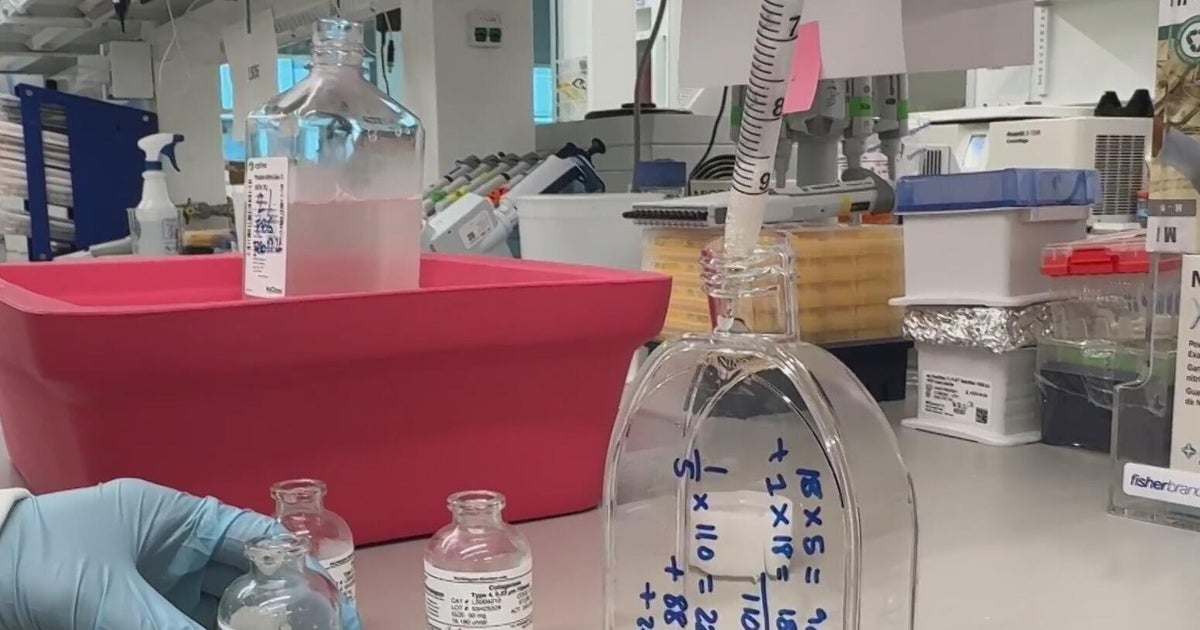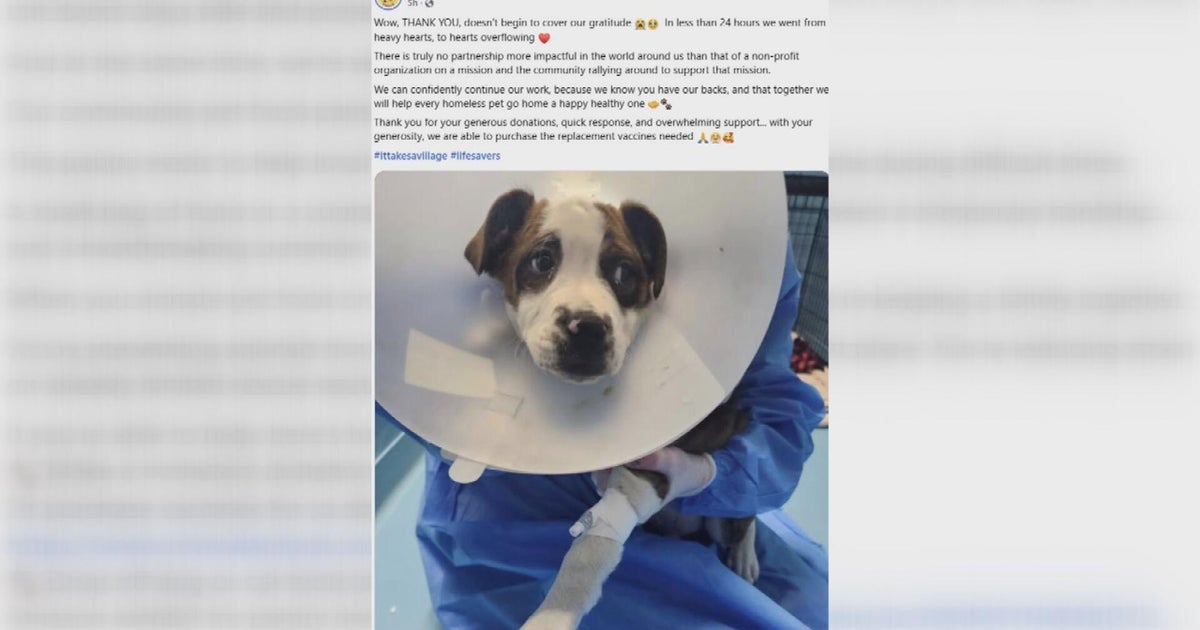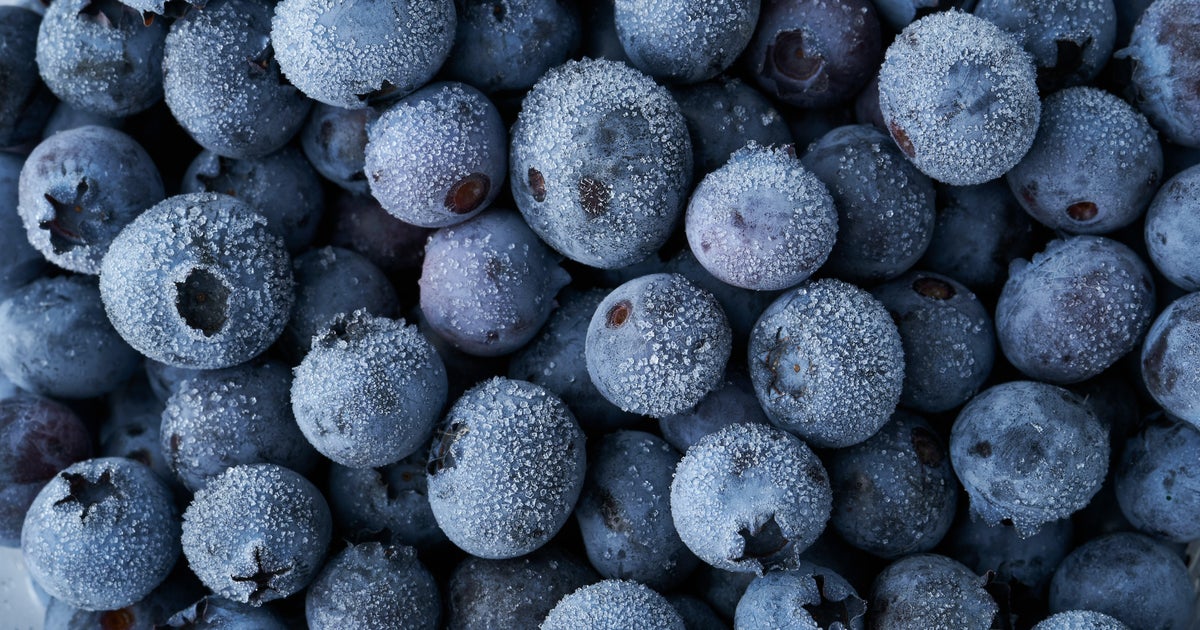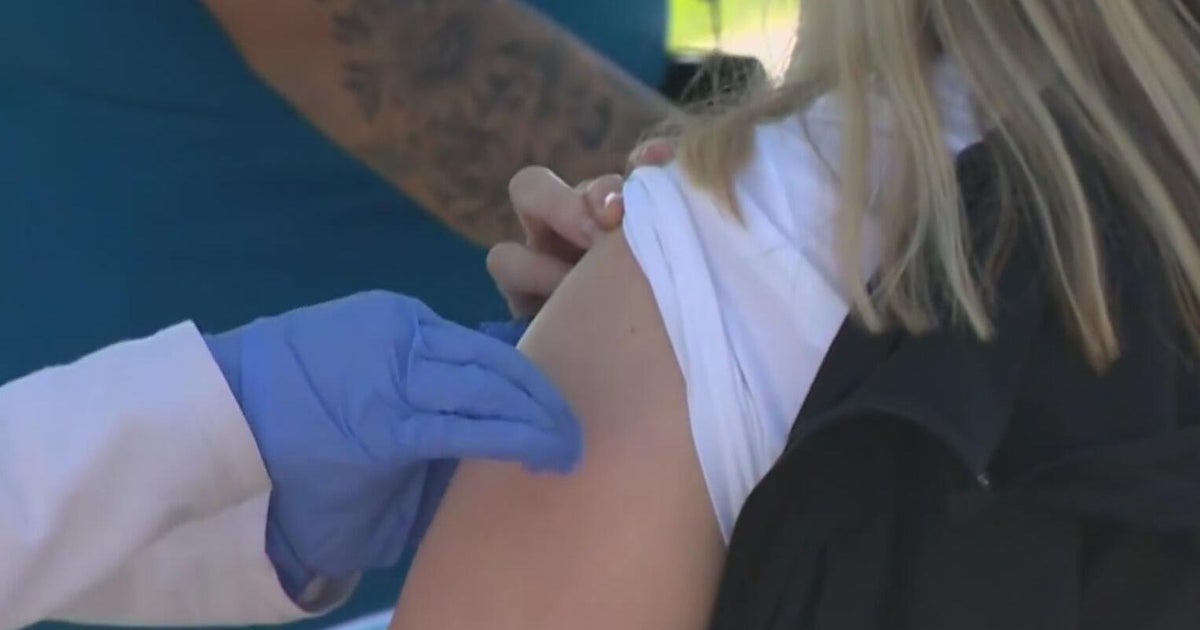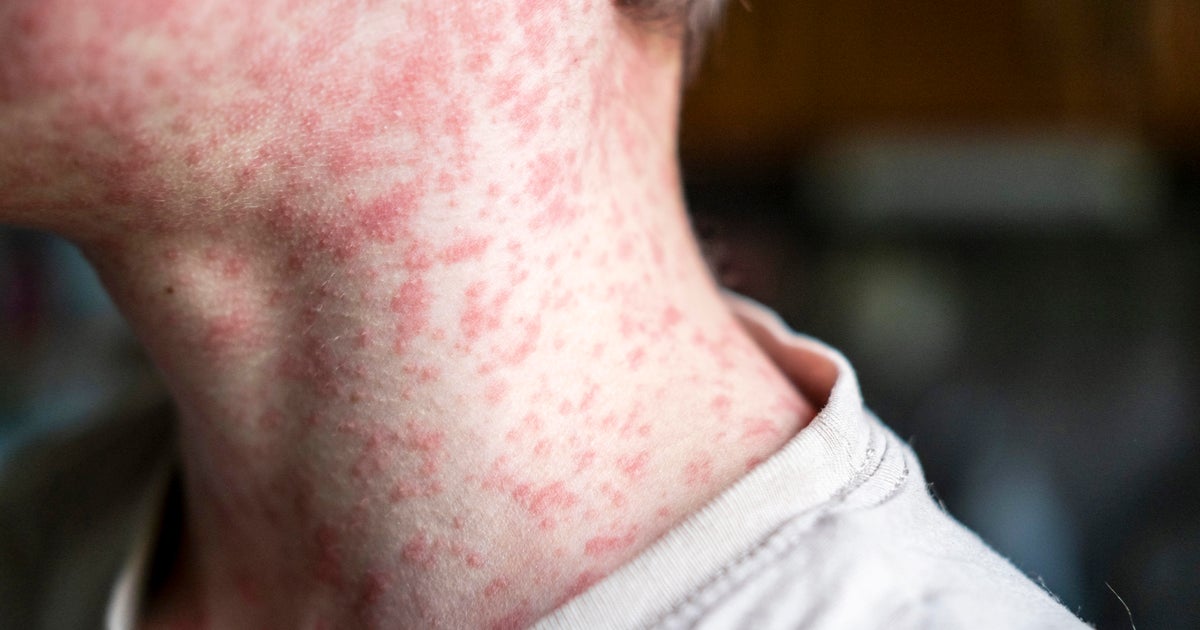FDA advisors to vote on composition of updated COVID-19 vaccine boosters
(CNN) -- A panel of outside advisers to the US Food and Drug Administration will vote Thursday on the composition of updated Covid-19 vaccines that are expected to roll out in the fall, as the pandemic continues to recede from daily life but the coronavirus shows no signs of slowing its evolution.
In documents posted this week, the FDA said available evidence suggests that the new vaccine should protect against just one strain of the SARS-CoV-2 virus – a departure from the currently available bivalent vaccines – and should target one of three that are currently circulating in the US. Called XBB.1.5, XBB.1.16 and XBB.2.3, they're all sublineages of the Omicron variant.
This single-strain or monovalent vaccine would drop protection against the original strain of the virus that emerged in China in late 2019, a version that experts don't expect to return and whose continued inclusion in vaccines may contribute to lower efficacy against newer strains.
RELATED: FDA proposes once-a-year COVID vaccine shots for most Americans
"Your immune response likes to react to what it's seen before," said Dr. David Ho, a professor of microbiology and immunology and director of the Aaron Diamond AIDS Research Center at Columbia University whose research is cited in the FDA's briefing documents.
It's a phenomenon known as immunological imprinting, Ho said: The immune system reacts best to strains it already knows, so showing it the old strain along with new ones hampers the immune response to the new, more relevant strains.
His research has shown that the bivalent boosters, which are designed to target both the original strain and the BA.4 and BA.5 versions of Omicron, produce an immune response that's similar to a boost with
the original vaccine alone – but that infection with the BA.5 strain, encountering the immune system without the older strain alongside it, improves the immune response against newer strains of the virus.
"That's why we made the recommendation that if you want to broaden out your antibody responses, it's best to remove the ancestral spike in future vaccines," Ho said.
The FDA appears set to follow that advice, which would also keep it in step with international guidance. The World Health Organization said in May that its advisory group recommended that updated vaccines target an XBB strain of the virus and leave out the original version.
The FDA has asked its advisers to discuss the specific strain to choose for the vaccine update but to vote only on whether the vaccine should target a single XBB strain. The agency isn't bound to the outcome of the committee's vote but takes it into consideration.
Dr. Paul Offit, a vaccine scientist and professor of pediatrics in the Division of Infectious Diseases at the Children's Hospital of Philadelphia and a member of the advisory committee, said he hopes the discussion will be broader: specifically, about who needs an updated vaccine this fall.
ALSO SEE: New COVID-19 prevention strategy for Philadelphia events
"What's the goal of the vaccine?" he asked. "If the goal of the vaccine is the stated goal, which is protection against severe disease, do you really need a yearly vaccine for otherwise healthy people less than 75? I mean, is this the flu model? Because I would argue it shouldn't be."
Flu shots are updated each year and recommended annually for everyone over 6 months old because the strains can
change so dramatically from season to season.
With Covid, Offit said, it's important to have evidence about whether protection from the vaccine against hospitalization and death is waning and, if so, in which groups. That's something the US Centers for Disease Control and Prevention's own advisory group may discuss in a meeting next week.
Right now, CDC data shows that Covid-19 hospitalizations and deaths in the US are the lowest they've been since the beginning of the pandemic.
Vaccine manufacturers Pfizer, Moderna and Novavax have been working on updated versions of the vaccines, even manufacturing them in advance, the companies said. They're each scheduled to present at the FDA advisory meeting Thursday.
Moderna and Pfizer – along with its partner BioNTech – make mRNA vaccines, while Novavax makes a protein-based vaccine, an older technology that typically requires longer to manufacture at larger scale. Novavax CEO John Jacobs said the company has ramped up manufacturing of a vaccine targeting XBB.1.5, the predominant strain now, so it can be ready to deliver tens of millions of doses by the fall.
ALSO SEE: What the end of the COVID-19 emergency means for free vaccines, health data and more
The three strains the FDA is considering induce similar antibody responses, Ho's research found, so even if the agency settles on a strain other than XBB.1.5, there may not be much difference in the kind of protection the vaccines generate.
"Our intention is to be a player this fall as a choice for consumers and health care providers with the other vaccines," Jacobs said.
Pfizer has estimated that it will be the dominant provider of vaccines this year, with a projected 64% market share as of its first-quarter earnings report in May. It expects about a quarter of the US population to get vaccinated against Covid this year.
Only about 17% of the total US population has received a bivalent booster, according to CDC data, according to CDC data, and 43% of people over 65.
About half of adults say they'll get an annual Covid booster dose, if available, according to the KFF Covid-19 Vaccine Monitor.
The FDA says that people who haven't been infected by an XBB strain of the virus are likely to be susceptible to infection due to waning antibody protection from the vaccines or prior infections, although it notes that how sick they become depends on multiple factors like their age and overall health.
Columbia's Ho said it may make sense for everyone to consider an updated monovalent shot at some point to get better protection against newer strains.
"The idea is that if we are able to broaden our antibody responses against the latest variants, that should protect even better against severe disease and death," he said, "and perhaps would lower the infection rate, as well."
